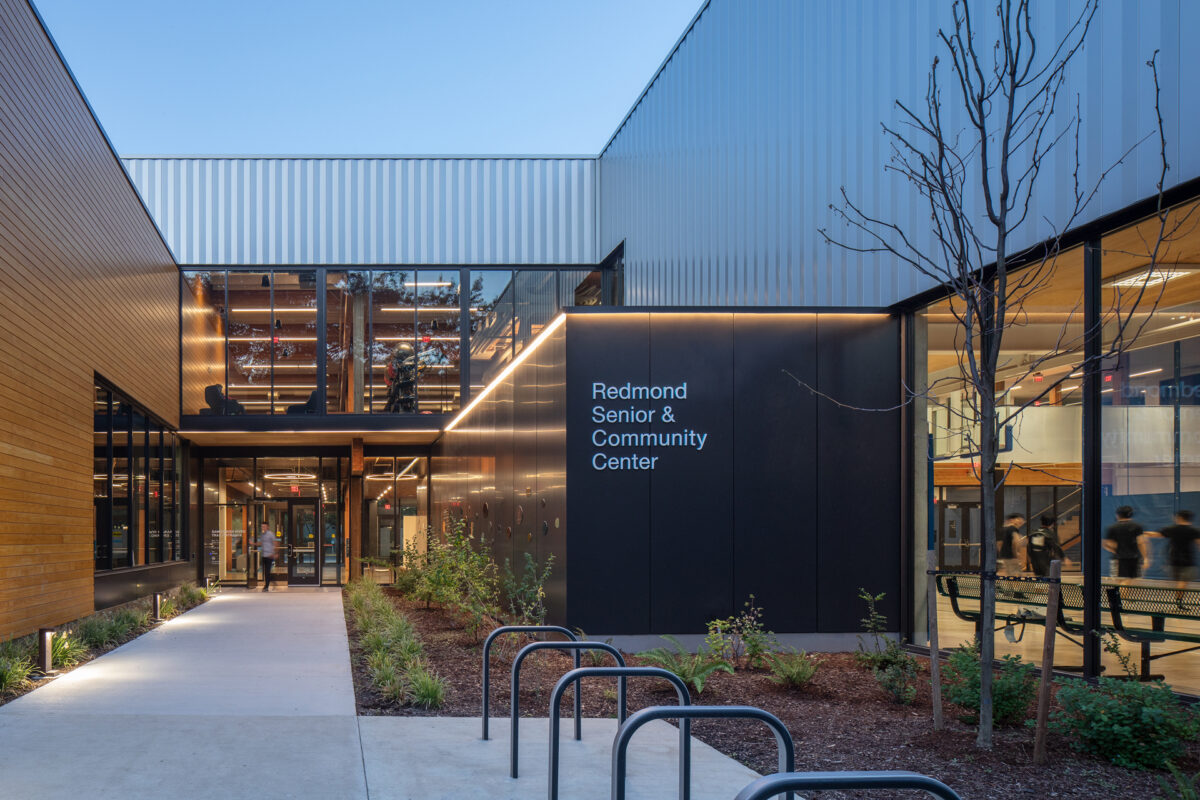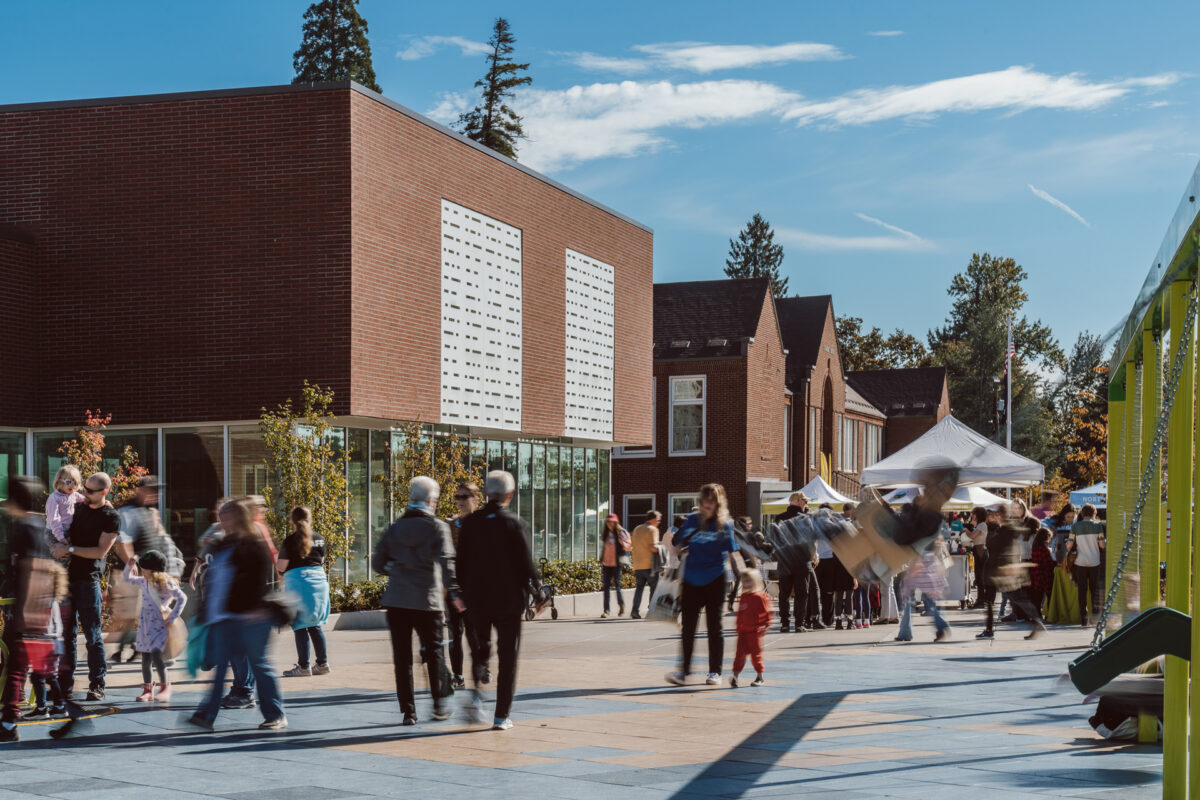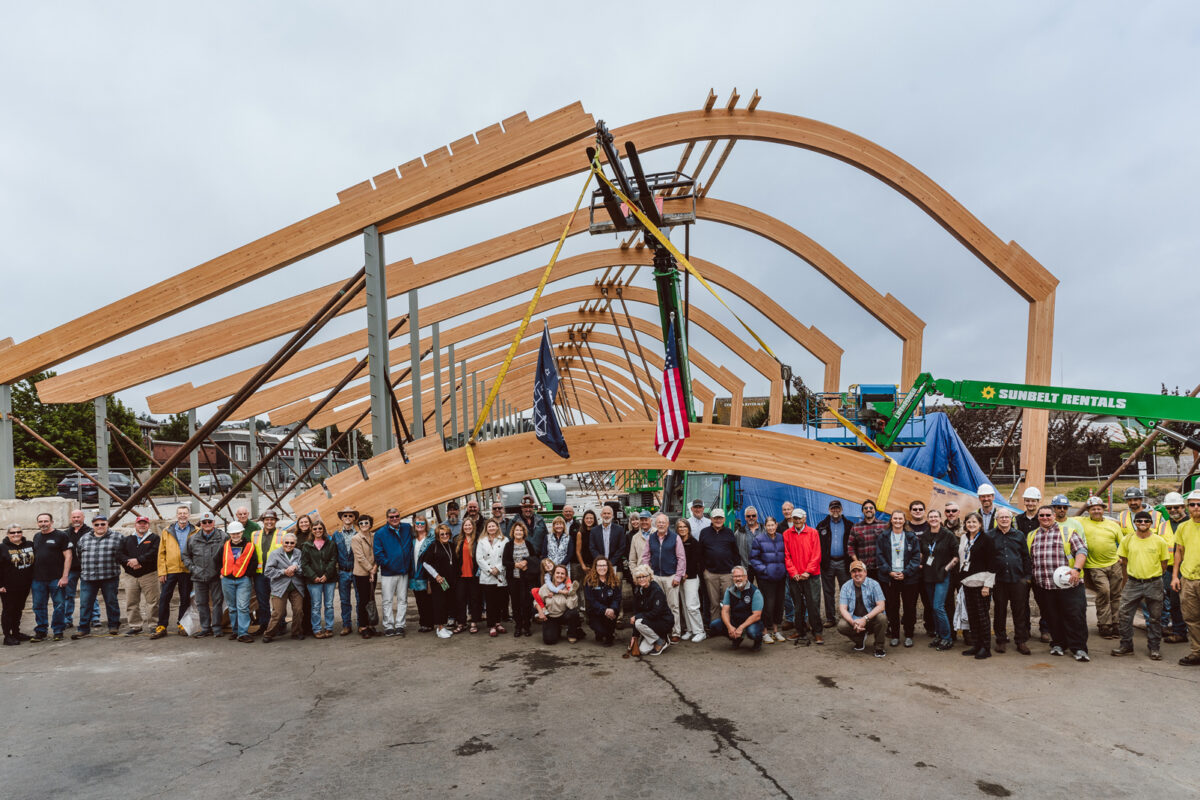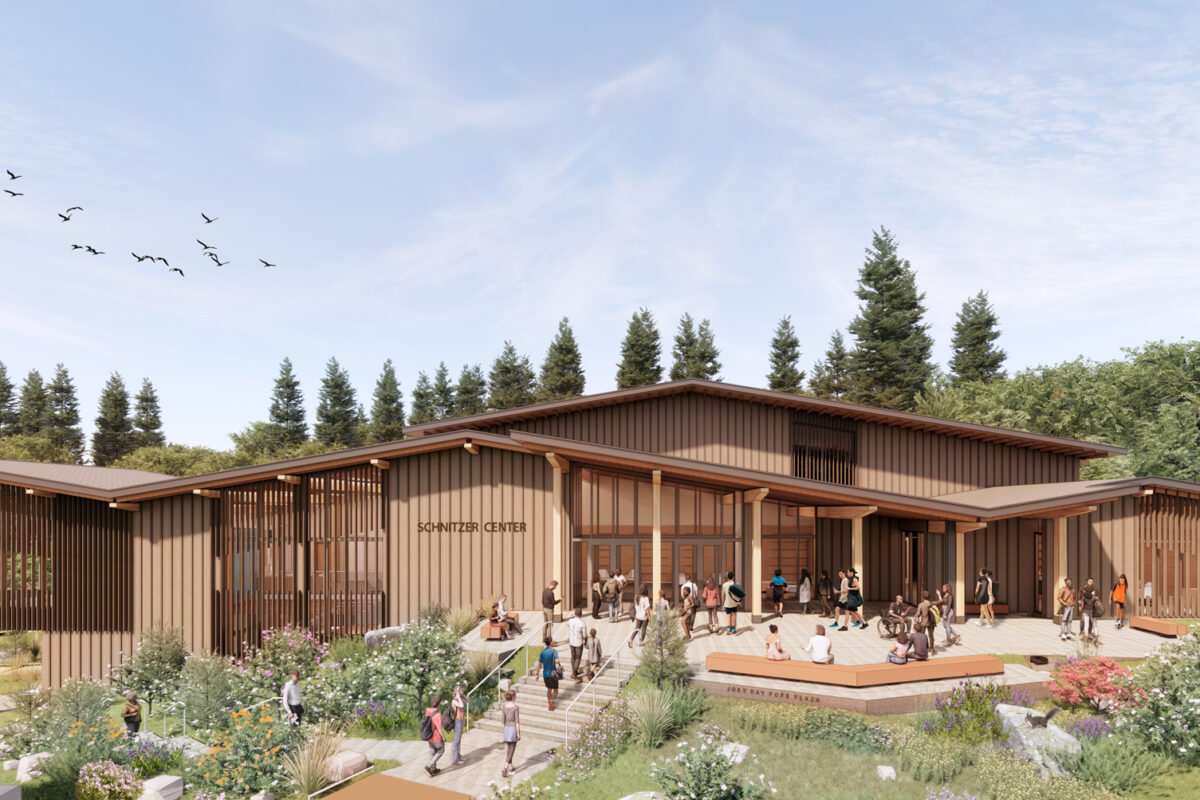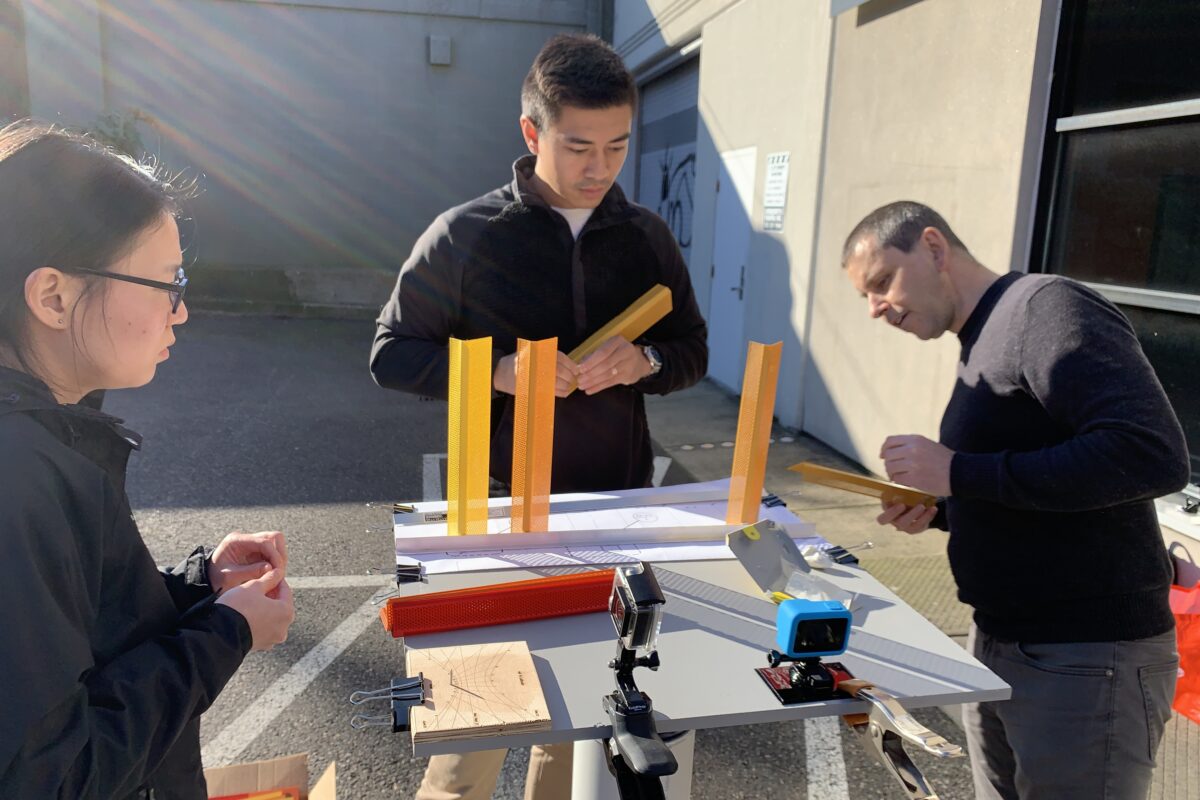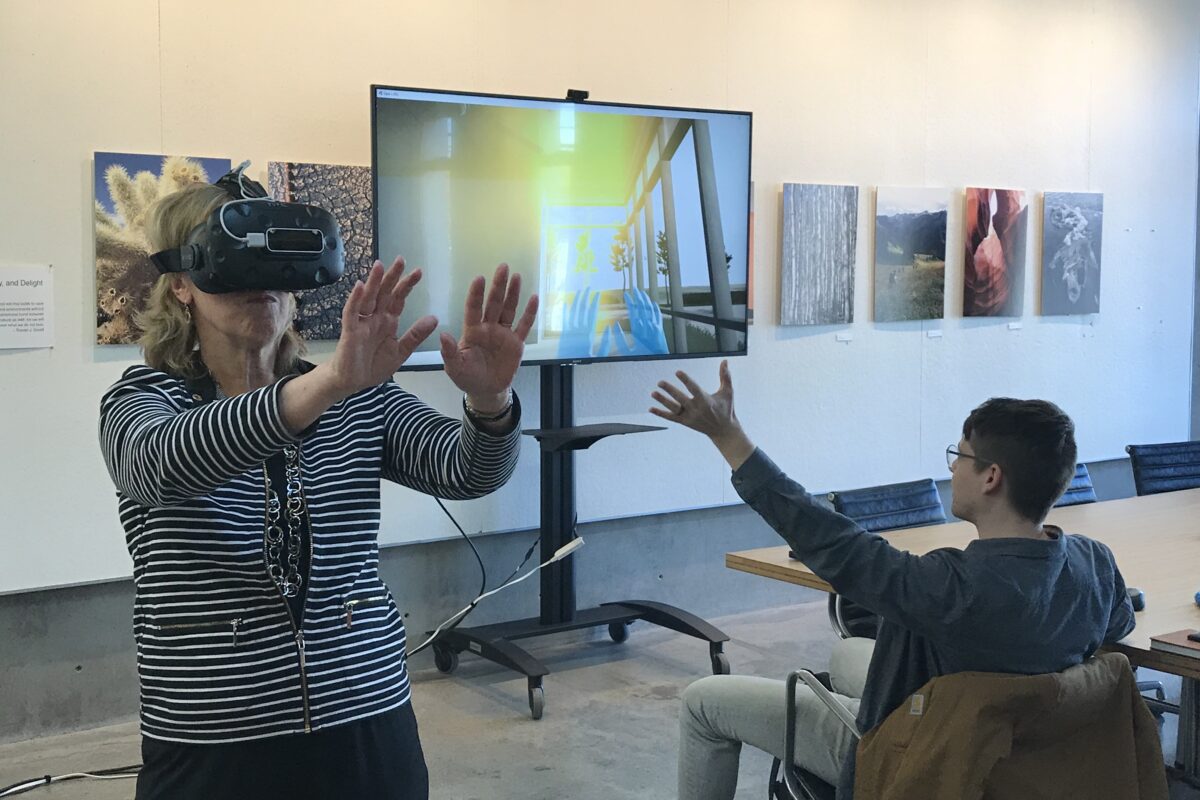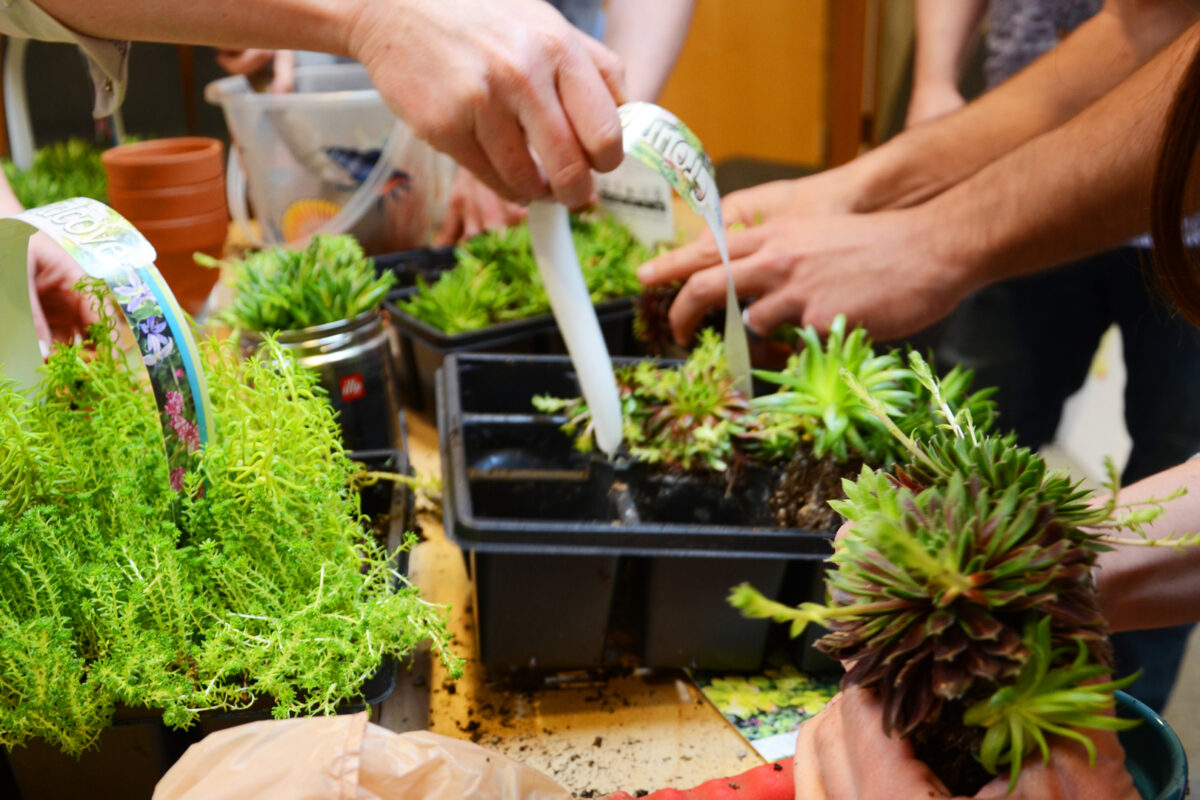Reinventing the Building AR Dashboard
At Opsis, we value the process of exploration, research and discovery of ideas and technologies that are essential to advancing evidence-based solutions in our industry and for clients. The Opsis Research Initiative team provides the foundation to support design innovations and technologies, while also collaborating with students, consultants and clients to grow our collective knowledge of advancements, innovative solutions and new technology.
Opsis participated in Portland State University’s Research-Based Design Initiative, a program that produces “translational building science research in collaboration with firms in Portland, Oregon.” Two primary activities take place over the course of two sequential terms: “students conducting building science research of relevance to a project currently under design in a firm, and students are embedded in projects team where they attend all interdisciplinary meetings for the course of a term to witness and document interdisciplinary collaboration.” From the evidence-based data gathered, firms can integrate it within their current project, forming a mutually beneficial relationship between students and firms.
Augmented Reality (AR) technology incorporates computer-generated images to a user’s mobile screen, creating a superimposed view of reality. The technology has lacked substantial advancement since its original development, and caught the attention of Opsis’ Sustainability Design Leader, Heather DeGrella. Looking to integrate an AR Dashboard fit for student use to learn about sustainable practices within their school environment, the team directed their investigations to Portland Public Schools’ McDaniel High School.
Reinventing the AR Dashboard
Exploring ‘gamification,’ PSU students looked to uncover methods that could transform a traditional AR dashboard into an interactive aid using strategies found in video games. Over the course of the term, graduate students toured the site, developed a dashboard scheme, and conducted a survey taken by McDaniel students. As the proposed AR Dashboard was meant to display the sustainable opportunities to maintain thermal comfort, PSU students targeted a senior honors science class that had interest in energy-saving tactics.
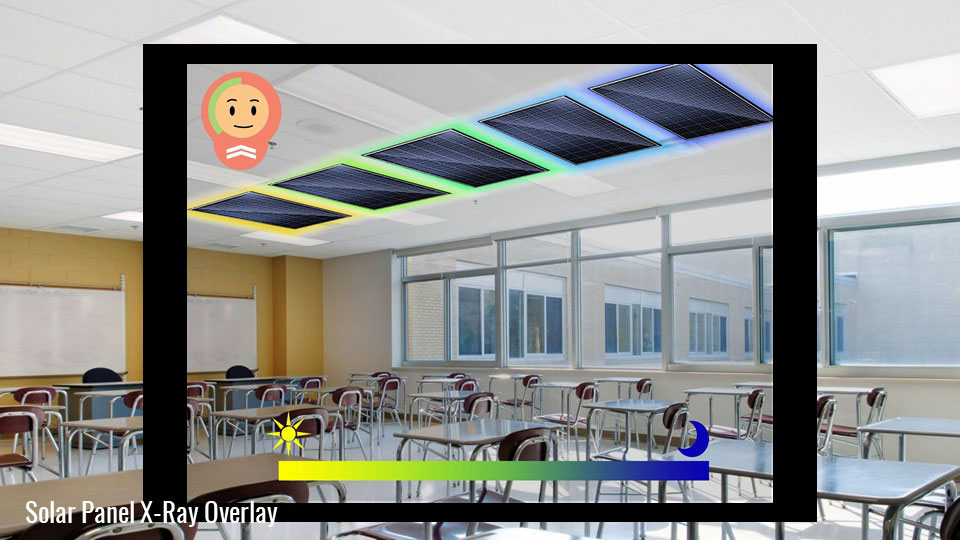
Solar Panels X-Ray View by Brandon Parker, Luke Hamel and Stephanie Vance
Imagining a Holistic Approach to AR Building Dashboard Integration
Among the student groups that participated, the Opsis team observed patterns of feedback where both PSU and McDaniel students proposed a mobile app integration that combines AR with additional resources like event calendars, school maps, and lunch menus. From the suggestions, PSU students shifted their thinking to analyze how a holistic mobile app could include all schoolwide information, announcements and AR technology for McDaniel.
Possibilities of AR Integration
After the course concluded, Opsis saw the research generate conversation with business partners and bring attention to the factors that make AR technology in schools a reality. Questions relating to environmental signage, software development, and scope of information are continuing concerns when considering the feasibility of school integration.
Through Opsis’ ongoing involvement in higher education classrooms, topics our team is passionate to research are given a chance to be explored. The research inspires us to continue to explore ways we, as architects and designers, can create more inclusive access to project updates and integrate solutions in the built environment through technological advancement.
To learn more about the student-led research, check out the “Dashboard – Brainstorming an Augmented Reality (AR) App” poster developed by the PSU students.

